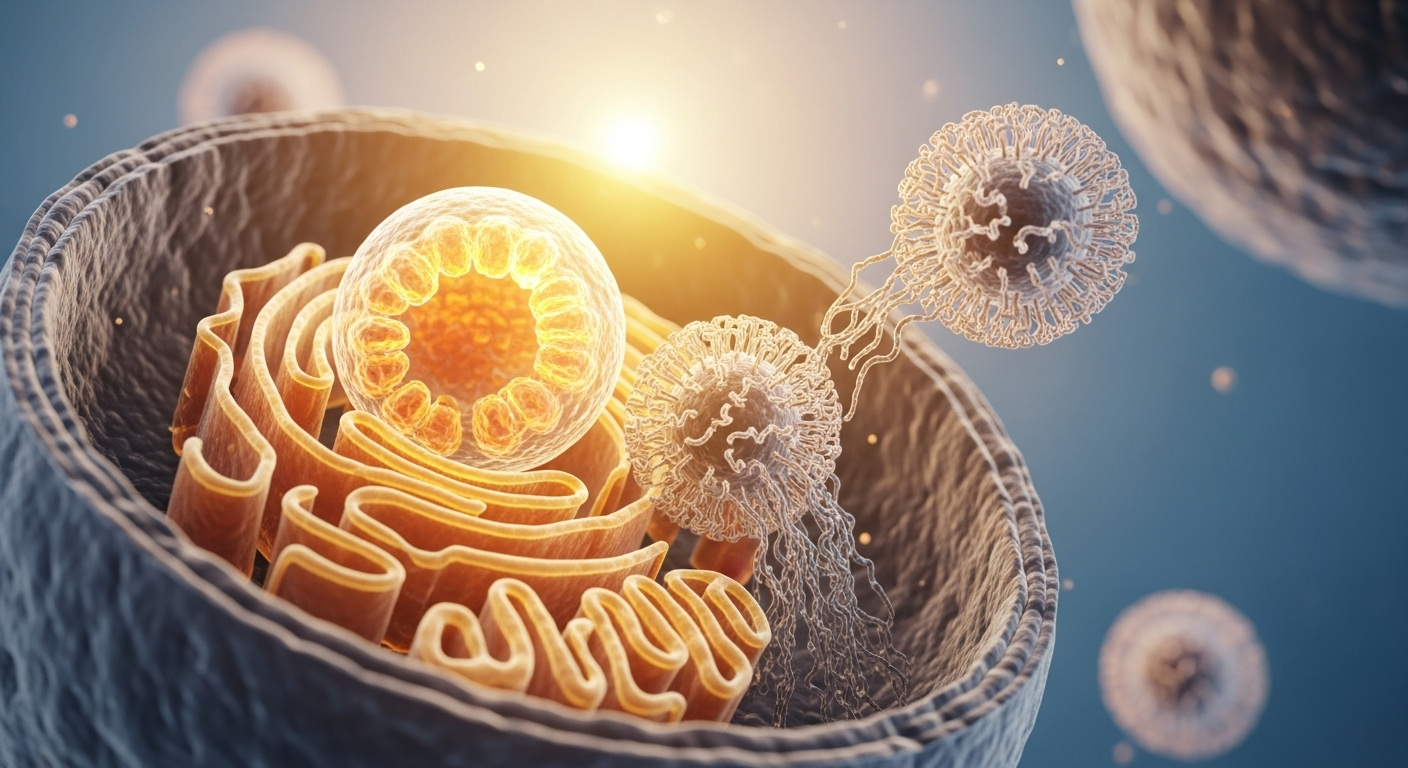Unraveling the Mysteries of Autophagy: Your Body's Natural Recycling Program
Autophagy, an integral part of the body's natural recycling process, has sparked intrigue and fascination amongst scientists and health enthusiasts alike. Although a relatively recent discovery, with its origins dating back to the 1960s, understanding the mechanisms of autophagy and its impact on health has become a focal point in the medical community.

What is Autophagy?
Autophagy is a cellular process that our bodies use to break down and recycle damaged cell components, worn-out proteins, and other cellular debris. The term autophagy, derived from the Greek words for ‘self’ and ‘eating,’ accurately describes this process of ‘self-eating.’
The Science Behind Autophagy
The scientific advancements in understanding autophagy have been monumental. In 2016, Yoshinori Ohsumi, a Japanese cell biologist, was awarded the Nobel Prize in Physiology or Medicine for his groundbreaking research on the mechanisms of autophagy. His work has paved the way for further exploration into the role of autophagy in disease prevention, longevity, and overall health.
Autophagy in Health and Disease
Current research highlights the potential of autophagy in combating various health conditions. Autophagy is known to play a crucial role in immune responses, preventing the accumulation of damaged cellular components, reducing inflammation, and hindering tumor development. On the other hand, impaired autophagy has been associated with several diseases, including cancer, neurodegenerative disorders, and infections.
The Balancing Act of Autophagy
While the benefits of autophagy are clear, it’s crucial to remember that like many bodily processes, balance is key. Overactivation of autophagy can lead to excessive cellular degradation, while inadequate autophagy can result in the accumulation of damaged cells, both of which can negatively affect health. Hence, maintaining an optimal level of autophagy is crucial.
Engaging with Autophagy: Practical Insights
-
Fasting: Periods of fasting or caloric restriction have been shown to stimulate autophagy.
-
Exercise: Regular physical activity can also activate autophagy, contributing to its numerous health benefits.
-
Nutrient-Rich Diet: Consuming a nutrient-dense diet with adequate protein can support healthy autophagy.
In essence, autophagy is a critical cellular process that plays a significant role in maintaining health and preventing disease. It’s a fine balance that requires understanding and care. As research continues to unravel the mysteries of autophagy, it becomes increasingly evident that this natural recycling program holds tremendous potential for enhancing human health. By incorporating healthy practices that support autophagy, we can harness this cellular process to our advantage, promoting better health and longevity.




